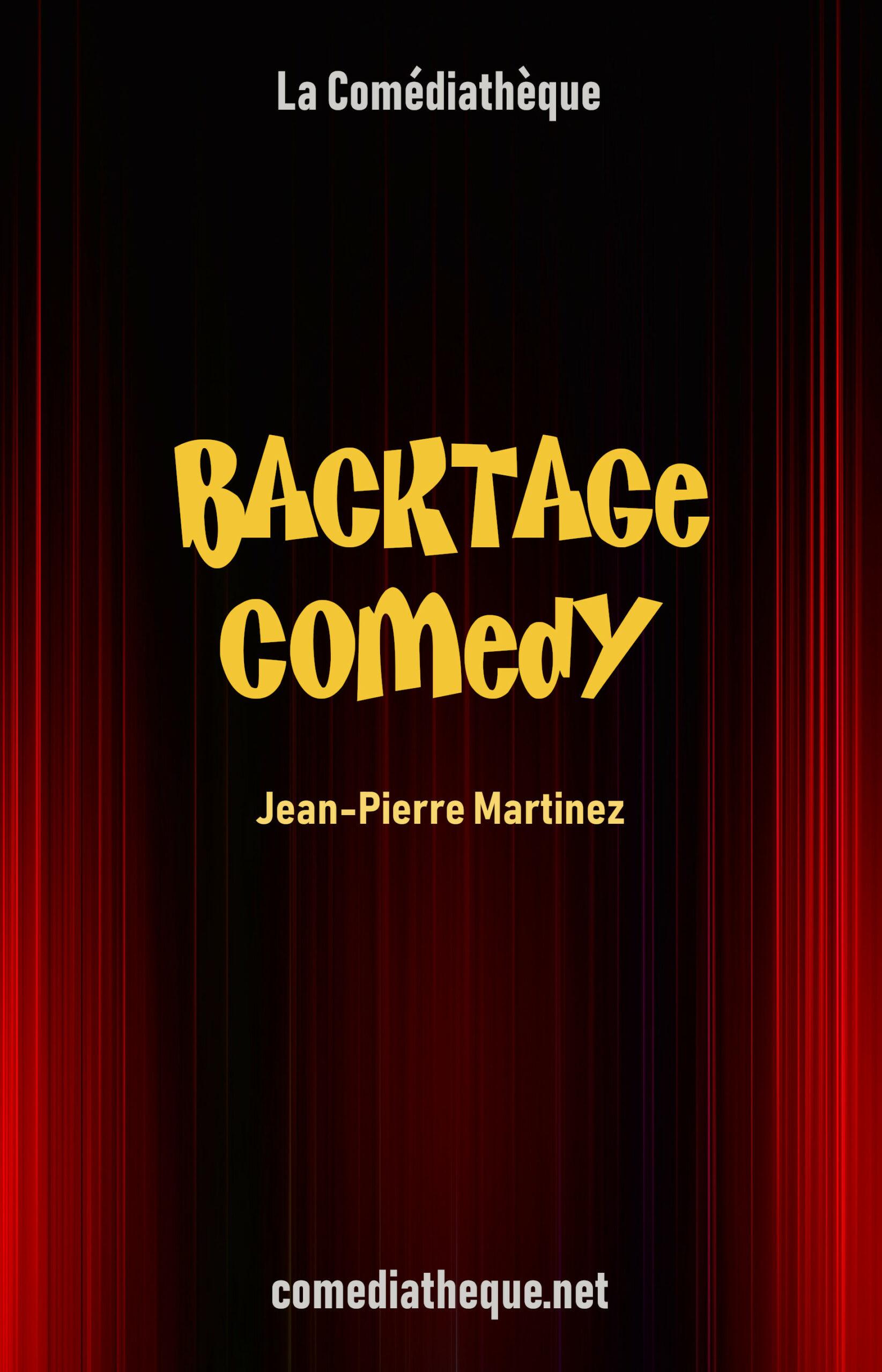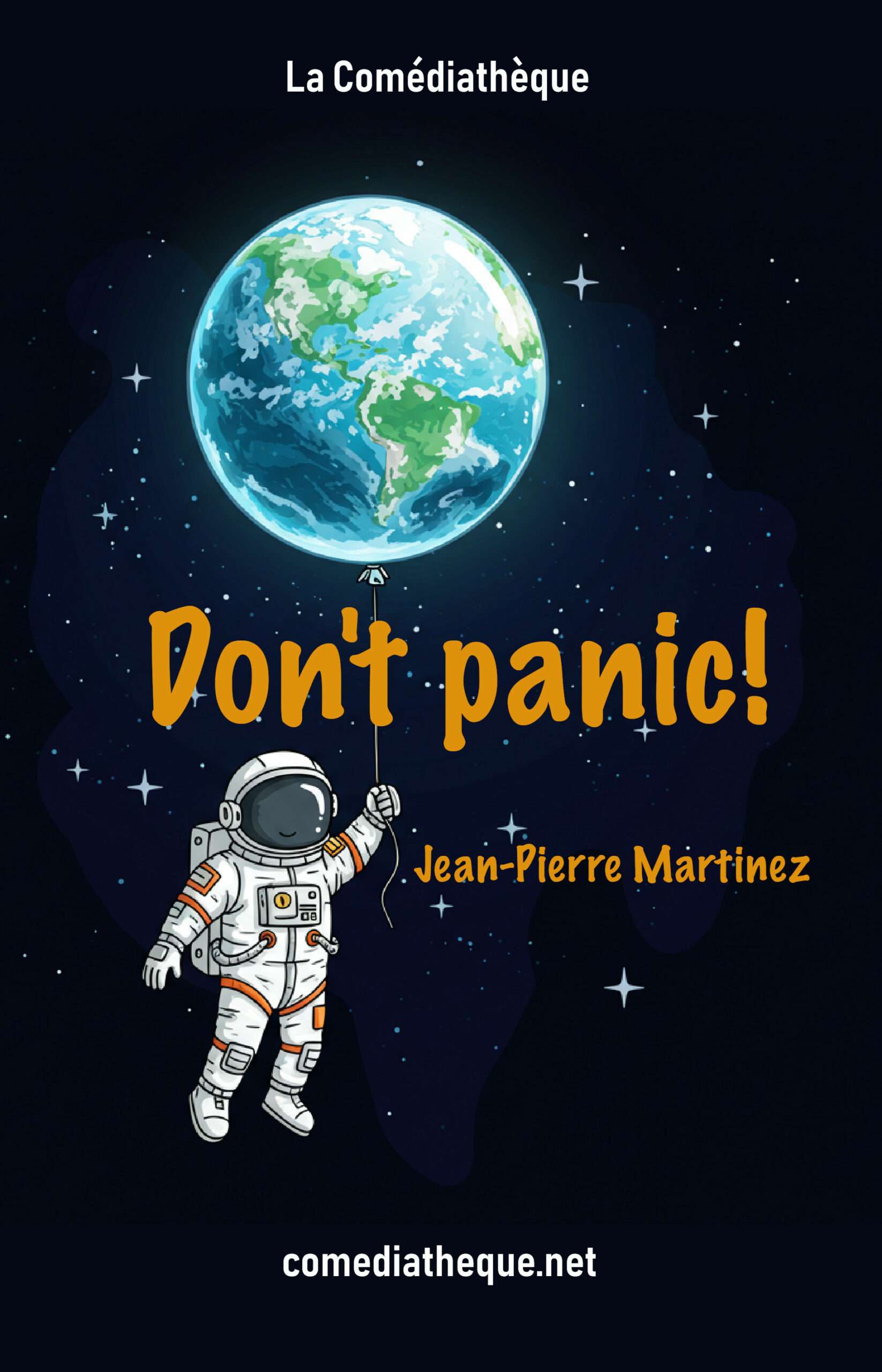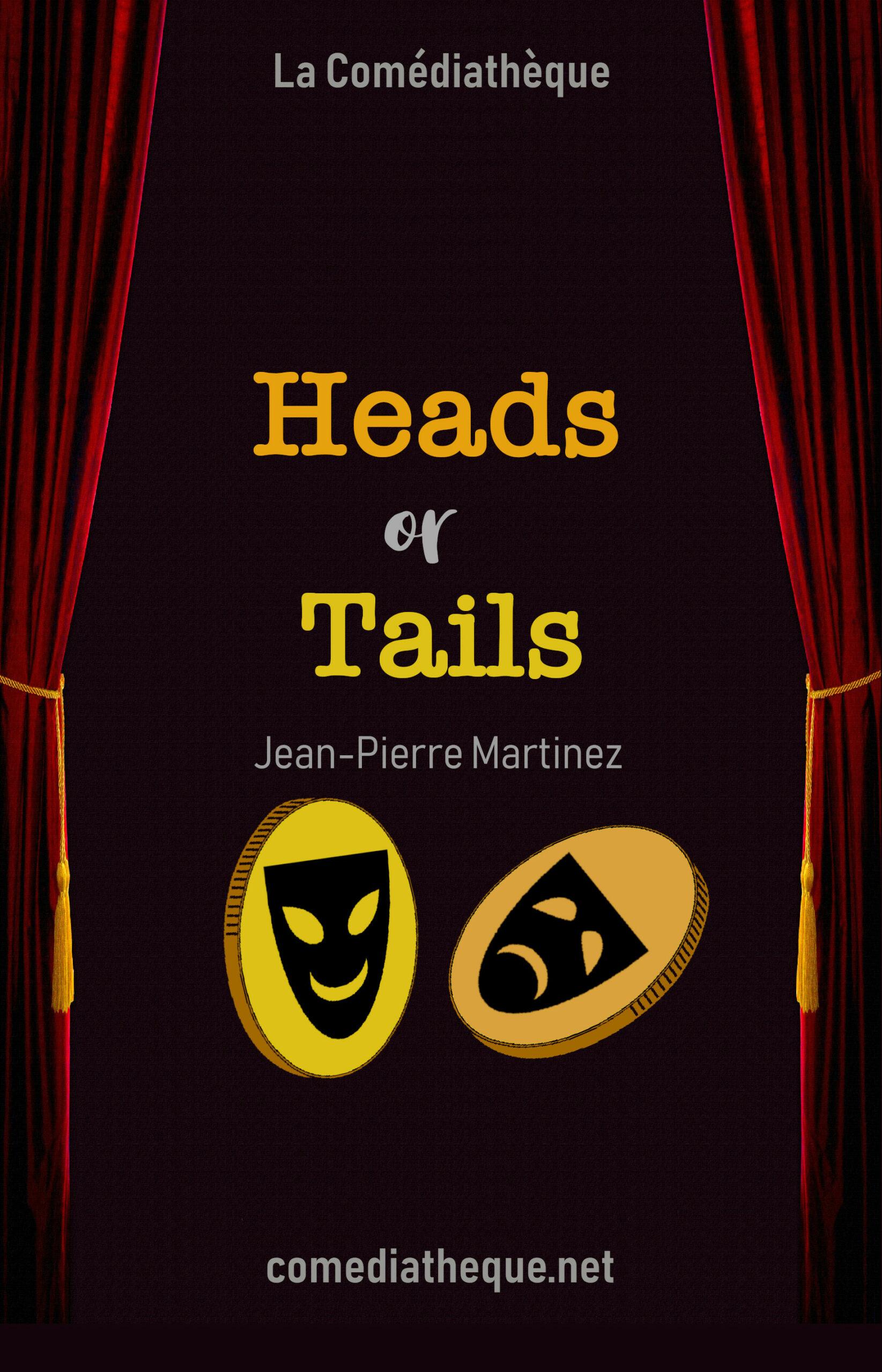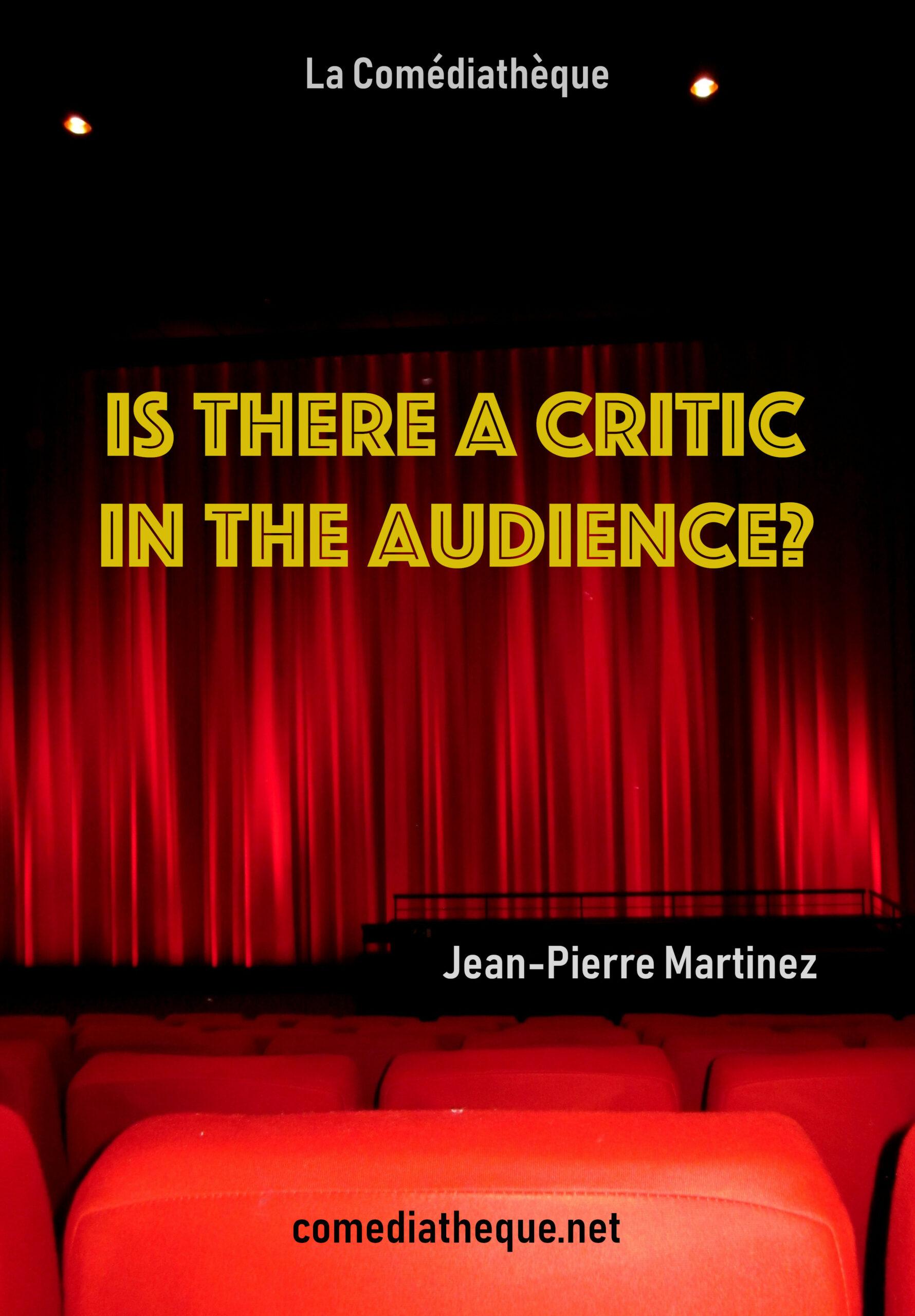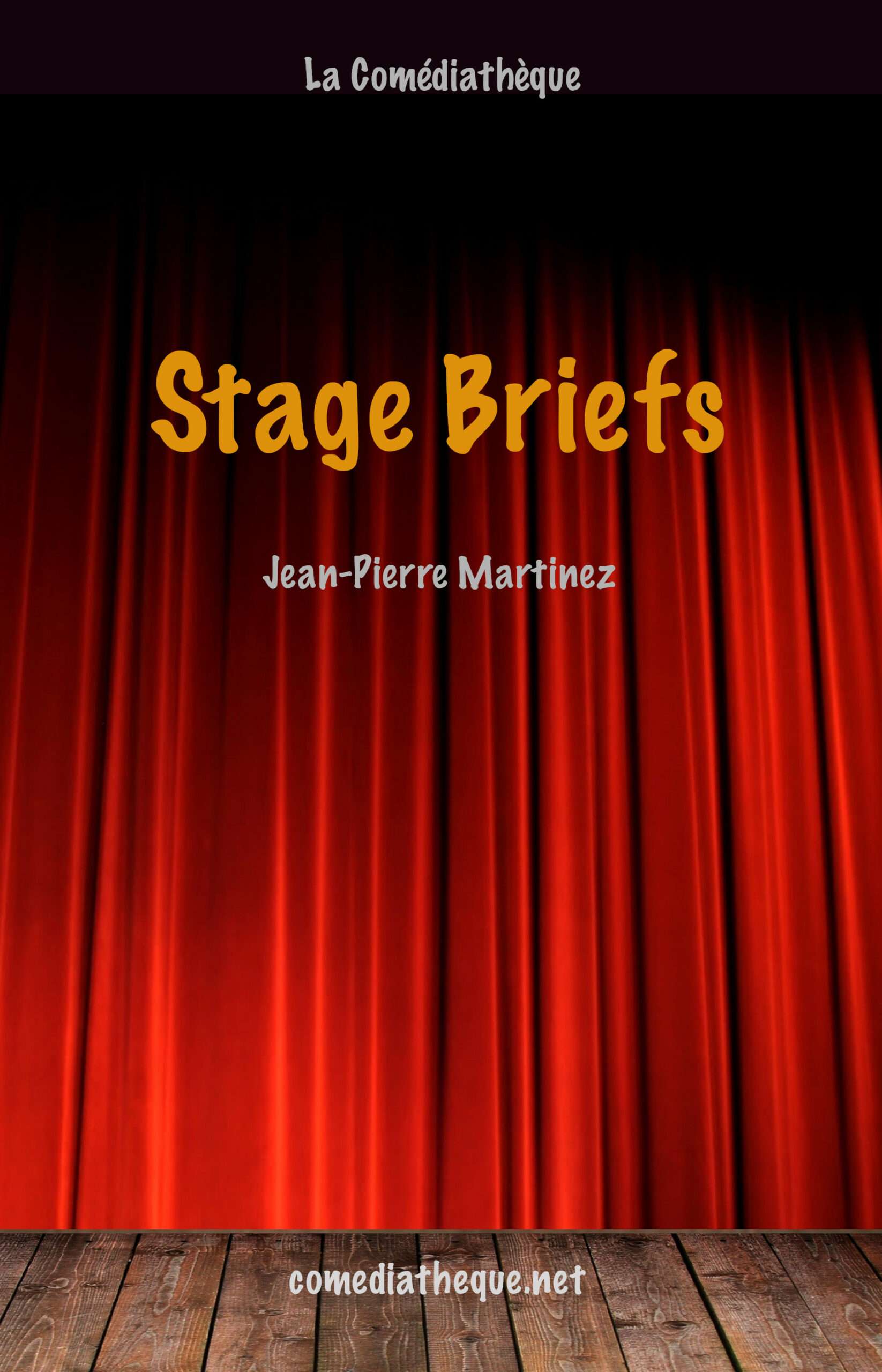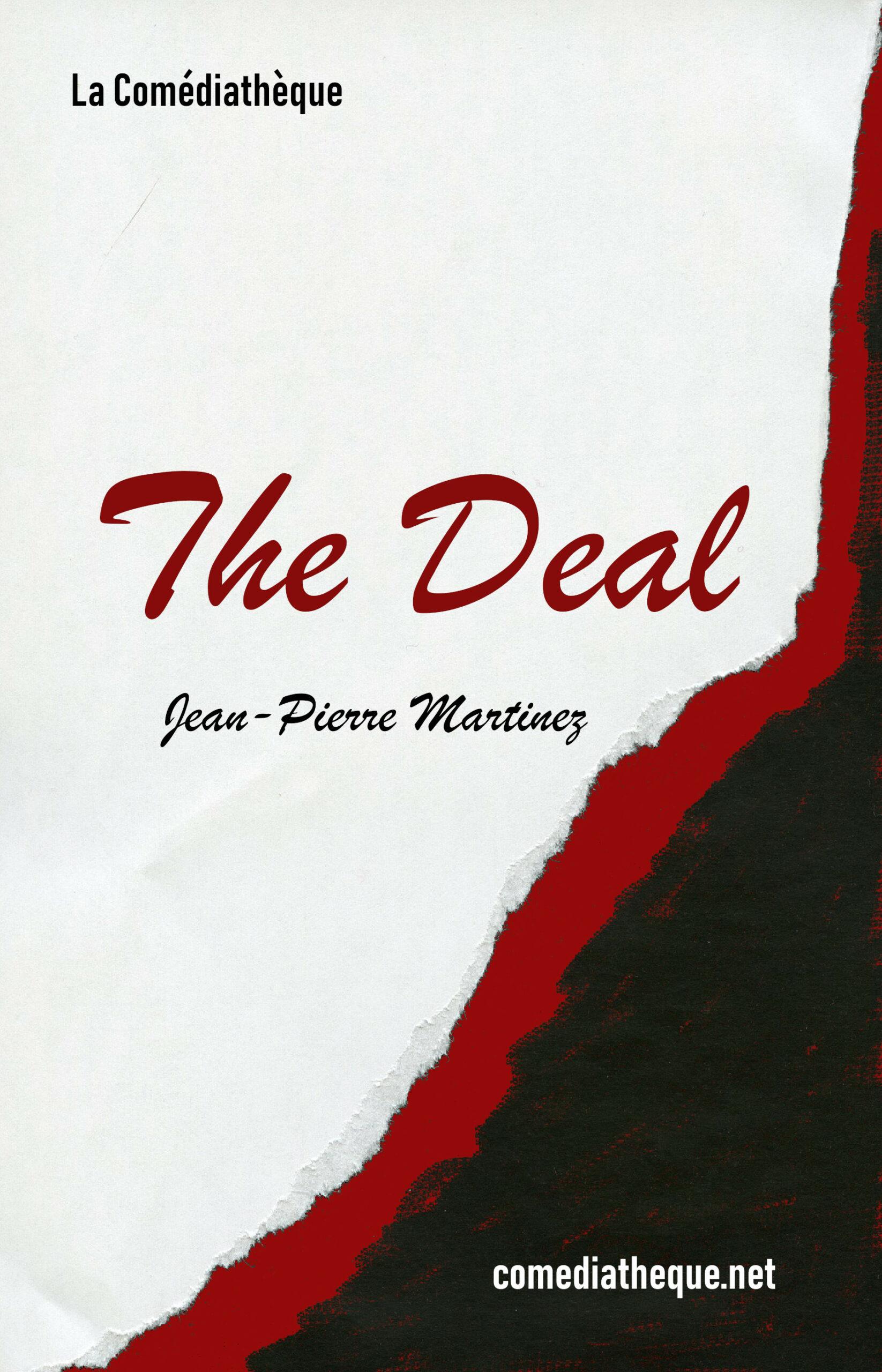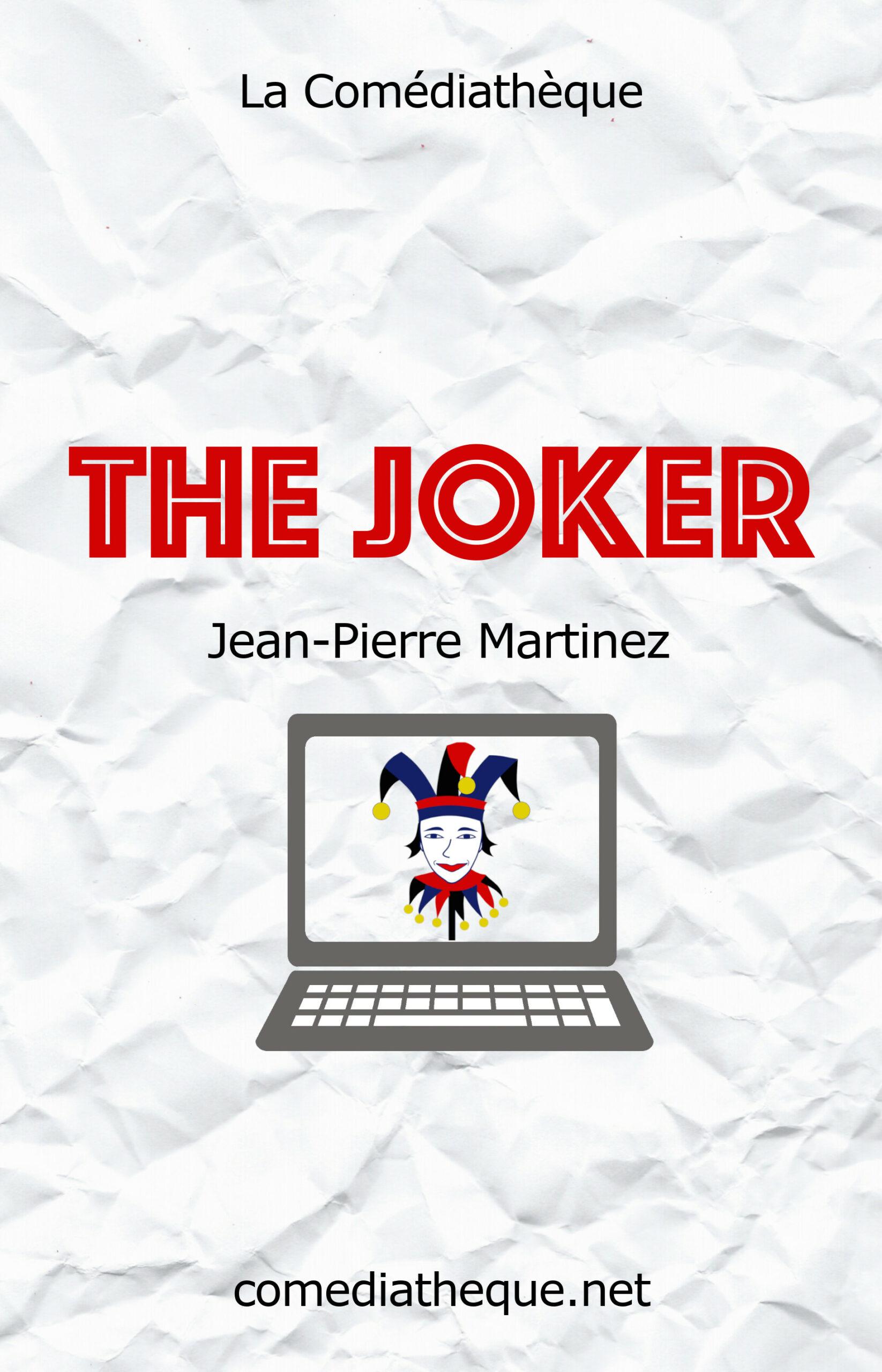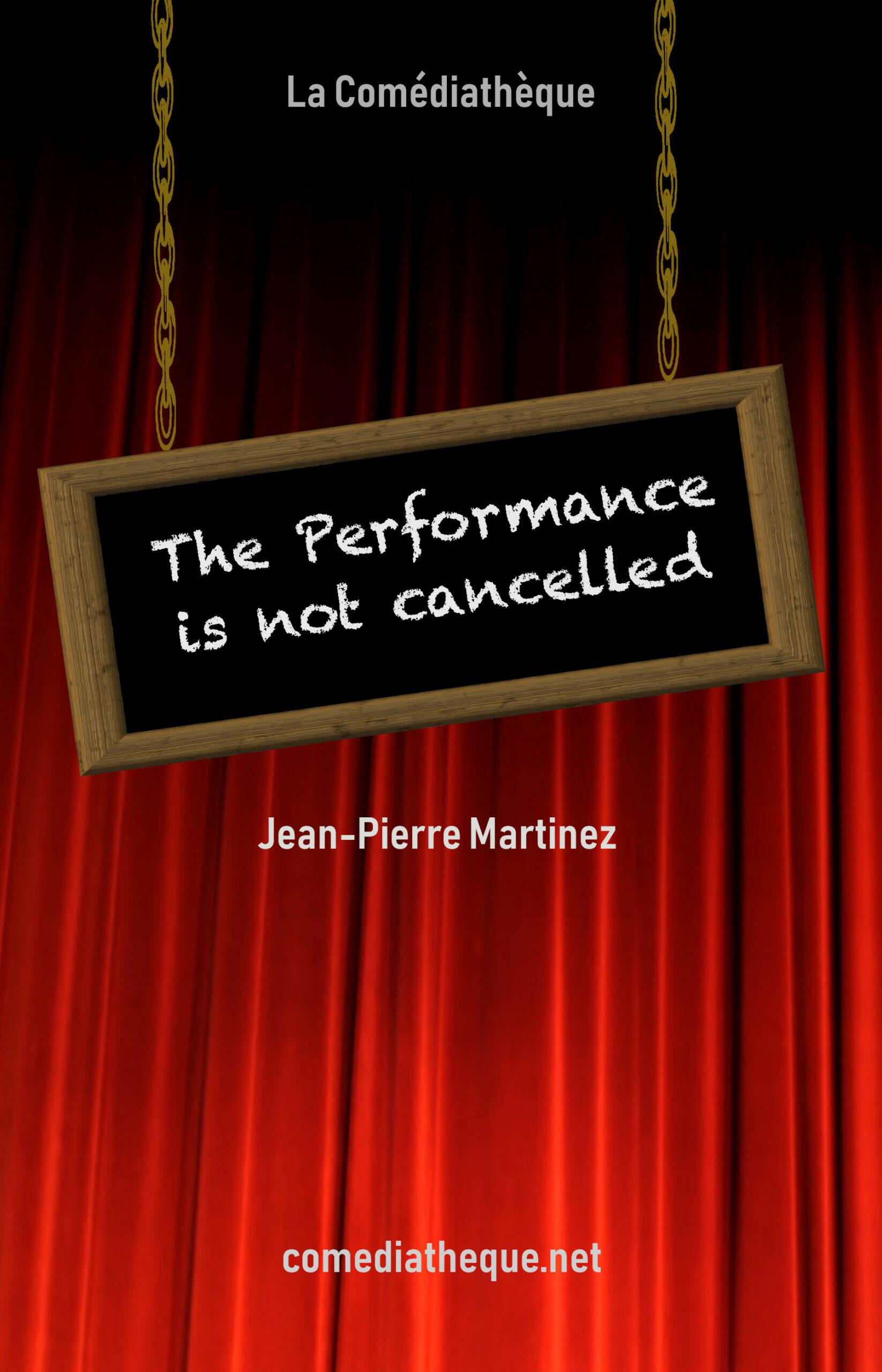The technique of theatre within theatre, also known as meta-theatre, is a dynamic and multifaceted approach that transcends historical periods and dramatic styles. It operates on the principle of mise en abyme, where within the framework of the primary play, characters engage in the performance of another play. This artistic device not only blurs the boundaries between reality and fiction but also prompts profound inquiries into the essence of theatre and its intricate relationship with the audience.
Meta-theatre, characterized by its self-referentiality, consciously draws attention to the theatricality of the performance, reminding spectators that they are indeed watching a play. It often features moments where the actors break the “fourth wall,” directly addressing the audience or acknowledging their roles as performers within the narrative. In essence, meta-theatre challenges traditional theatrical conventions by inviting audiences to contemplate the nature of representation and their own role as observers.
Examples of meta-theatre abound in the annals of dramatic literature, spanning from Shakespearean classics like “Hamlet” to modern masterpieces such as Luigi Pirandello’s “Six Characters in Search of an Author,” Eugene Ionesco’s “The Bald Soprano,” and Tom Stoppard’s “Rosencrantz and Guildenstern Are Dead.”
Beyond its intrinsic entertainment value, meta-theatre serves as a powerful tool for introspection and critique. It offers playwrights a platform to dissect the fundamental components of theatre, including the dynamics between actors and characters, the symbiotic relationship with the audience, and the underlying assumptions of the art form itself. Moreover, meta-theatre infuses productions with a sense of playfulness and self-awareness, challenging spectators to reassess their preconceptions and engage more deeply with the theatrical experience.
The ups and downs of the noble profession of acting, portrayed through a series of around fifteen short scenes that humorously highlight the quirks and pitfalls of what might also be considered the oldest profession in the world.
Just before the opening curtain of the premiere, the actors go through one final rehearsal. However, an unforeseen incident jeopardizes the start of the show. A cheerful farce about the small world of the theatre...
A sketch comedy in the form of a literary game. Each of the fifteen two-character scenes in this collection begins with the …
Mark and Peter are actors, who were once friends but haven’t seen each other for years after their friendship turned into a rivalry, both professionally and in their romantic lives. Now one of them has invited the other on the stage of a theatre to rebuild the friendship they lost with their youth. This attempt at a reconciliation will turn into a settling of scores before opening up the possibility of an unexpected collaboration.
Fred and Sam have always dreamed of participating in the Avignon Festival, and finally, that dream has come true. But in Avignon, …
It’s been seven years since a health crisis caused the closure of all theatres. Three individuals, presumed to be actors, step on a stage for an audition. Unless it’s a public reading. Or it might even be the show’s opening … The problem is that they don’t have the script. The author hasn’t written it yet. They’re going to have to improvise…
A theatre can also be the setting for funny stories where the theme... is the theatre itself. 28 very short scenes, each no longer than a page.
Alex, a struggling playwright, contemplates abandoning his theatrical career as his comedies fail to garner interest. Just as he contemplates a shift to a more conventional job, a renowned Parisian producer contacts him, expressing eagerness to stage his latest play. It's a golden opportunity for Alex to finally gain recognition. The producer plans to visit soon for him to sign an exclusivity contract. However, this unexpected phone call is immediately followed by another. Fred, Alex's friend who already holds the rights to the play, informs him that he is finally going to stage it. He has invested all his savings in renting a small theatre. How can Alex delicately navigate the situation, persuading his amiable but less successful friend to abandon the project without it appearing as a betrayal to their longstanding friendship?
A screenwriter tackling both a creative block and a computer breakdown gets a surprise visit from a strange repairman. Everyone deserves a wild card to play for a second chance.
The performers of a struggling theatre company are just minutes away from taking the stage to perform a play about Molière's final hours. However, nothing is ready, and more problems keep arising. To add to the chaos, the box office takings suddenly disappear. Now faced with a critical decision, should they cancel the performance, delivering the final blow to their theatre company already on the verge of bankruptcy? Or should they persevere and carry on with the play, no matter the challenges?
In a mysterious, enclosed setting—perhaps a madhouse, or maybe the theatre of the world—a few outcasts who have lost their Faith are being held. Not just Faith in God, but also belief in the principles upon which our society is built. What if the creator himself no longer believed in his creation? These skeptics must be re-motivated before their contagious scepticism triggers the collapse of the entire system.


